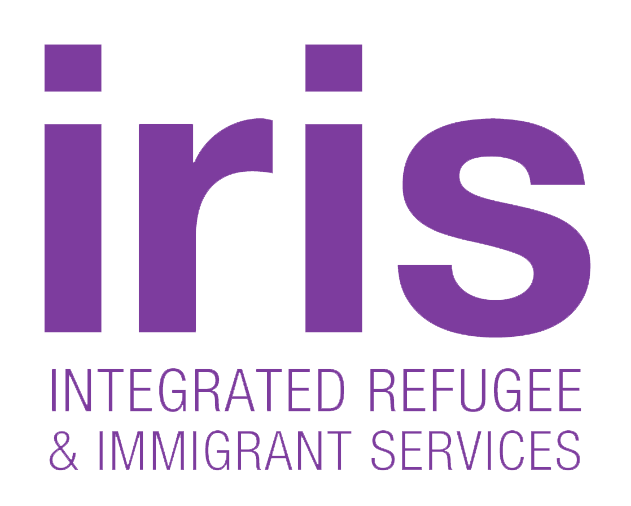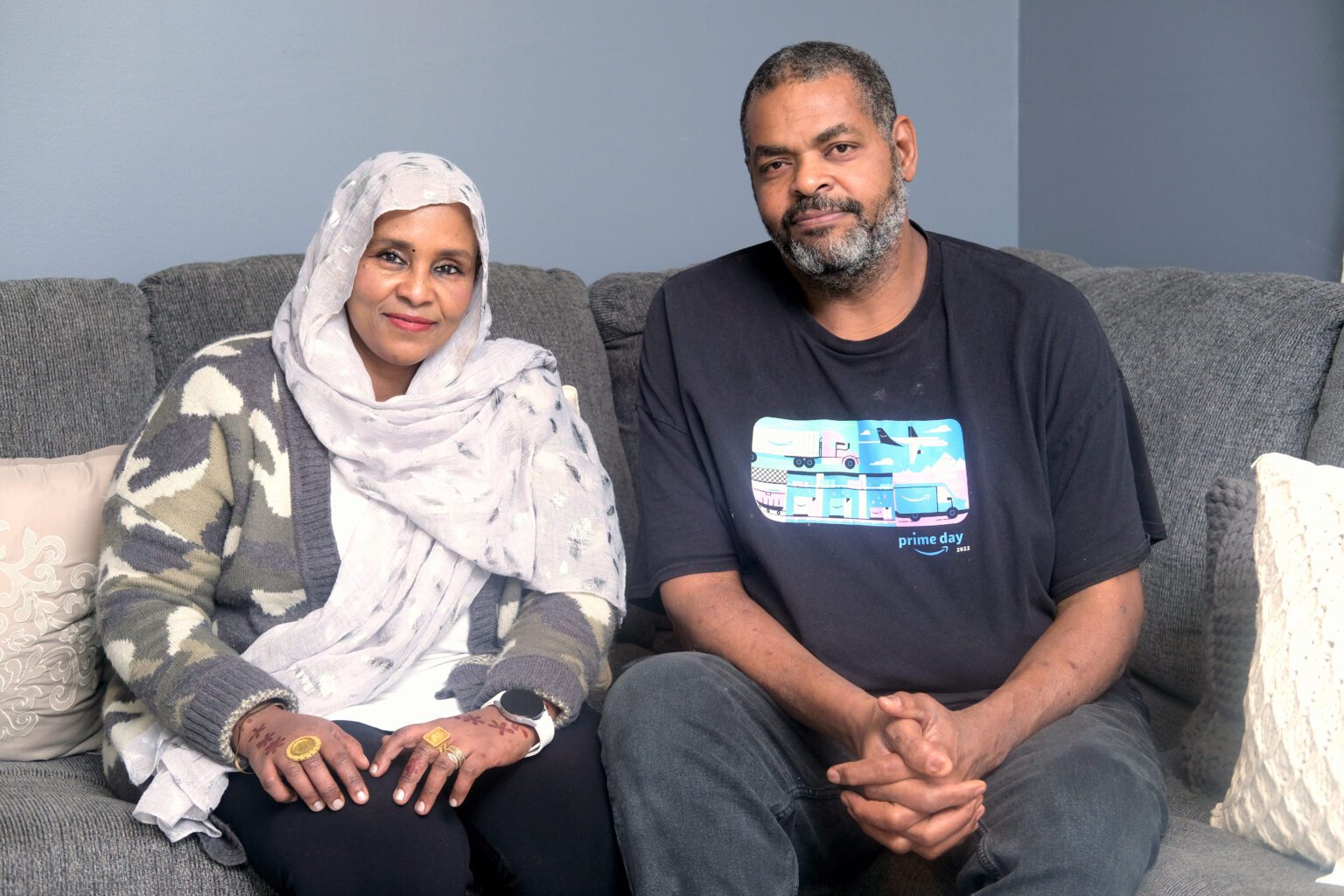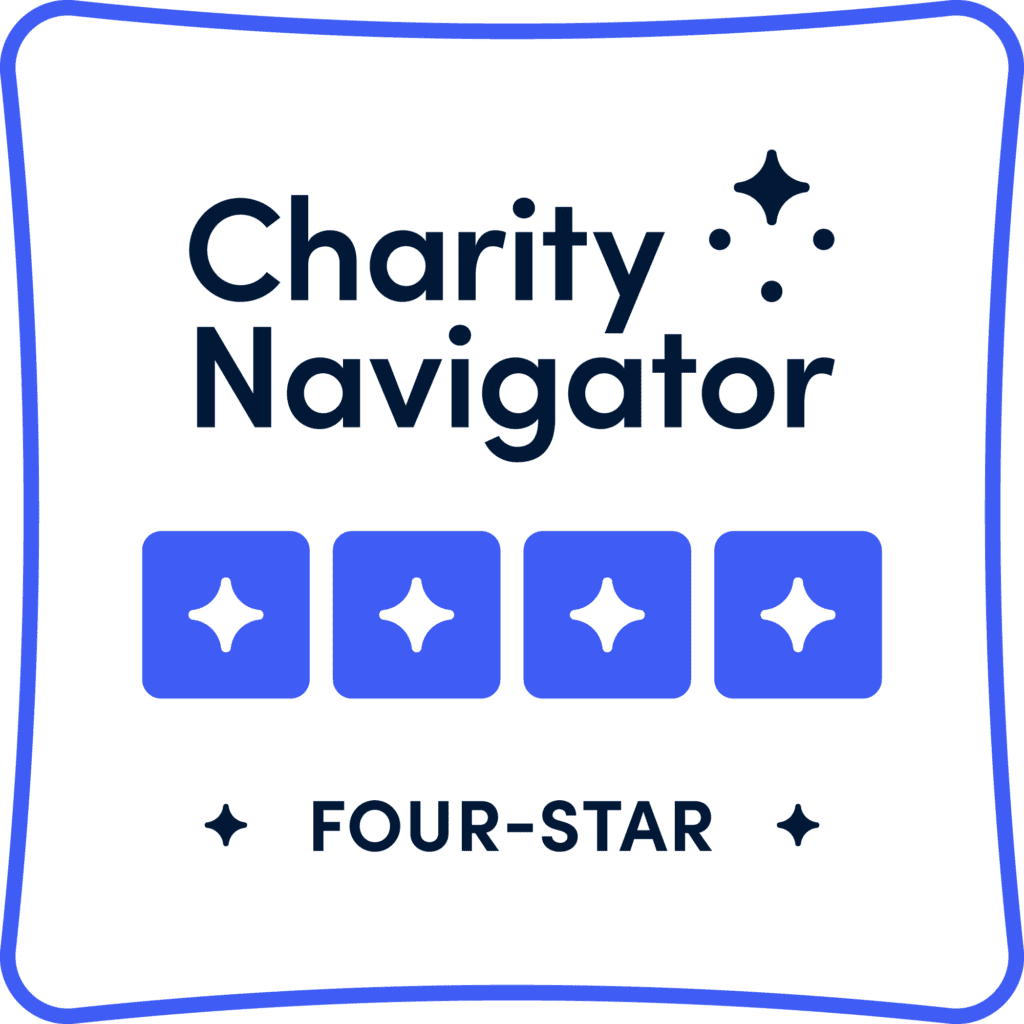How one family built a life in America
By John Curtis | November 29, 2023
Mashair remembers the day she arrived in the United States. It was March 9th, 2018, and it was the first time she’d seen snow. “I love the snow,” she says. “Sometimes I play in the snow with my kids outside.”
Mashair, her husband, Abu, and their four children reached his brother’s home in West Haven after a 20-hour journey from Khartoum, Sudan, that included a long layover in Istanbul. Along with dreams of a better life, Mashair carried with her the worries of all immigrants. “I have no language, I have no job, and I have a big family. What am I supposed to do?”
Five years later Abu has a job in an Amazon warehouse, Mashair works part-time as a chef at the University of New Haven, and all four children, who range in age from 10 to 16, are in school. Their eldest, Lena, 16, is a high school junior who’s thinking about going to college to major in biomedical engineering. Two years ago the family bought their home, a classic suburban ranch, in West Haven.
On that first day, though, they reached the home of Abu’s brother in West Haven, who took them in. Four months later, the family turned to IRIS for help, although they had not been sponsored by the agency. Mashair had heard about it from a Sudanese friend. “I went immediately to IRIS, and I met with Linda. She said, ‘Don’t worry Mashair, I promise I will help your family.’ Linda and IRIS helped my family for one year, helping me on rent, helping me on medicine for my husband. They bought clothes and a lot of food for my family. It’s a big help, really.”
Abu’s brother had sponsored the family and promised to support them for their first few months in the United States, recalled Linda Bronstein, a senior case manager at IRIS.
“They signed papers saying they would financially support them for the first several months, but they weren’t able to do it indefinitely,” she says. “That was the point where the family came to us. Technically, they were not eligible for any of our government funded services, but we always have a fair amount of unrestricted funds. They really had the same kind of needs all our refugee clients have, so we did what we could. Our health team was quite involved. One of the biggest problems was that her husband wasn’t able to get the health care that he needed. We got some medicine and medical supplies for him.”
IRIS case managers also helped Abu and Mashair find jobs at Amazon. Mashair left after a year, but Abu’s been there for three years. Mashair now works 12 hours a week at the UNH cafeteria and has turned down offers of more time in order to stay home with her younger kids. Mustafa is 10, and his sisters Leem and Ludan are 11 and 13.
In Sudan, both Abu and Mashair went to law school, but jobs were hard to find. Abu worked in recycling, and Mashair worked in childcare. She came from a large family—nine girls and four boys. Her mother was a housekeeper who made extra money washing clothes or picking tomatoes. Her father was a butcher who also worked on farms, but he couldn’t always find work. Abu’s father was a farmer.
Mashair and Abu decided to leave Khartoum for two reasons. “We didn’t find medicine for my kids and my husband,” Mashair says. Her husband has diabetes, and one child has asthma. Both had to travel to neighboring Egypt for medicine and treatment. The second reason was education. “We did not find a lot of education. My husband spent a lot of money for the kids to teach them, but he did not find.”
In addition to supporting her own family, she sends money to her family in Sudan. She misses her mother and would like to bring her to the United States. If possible. And her dreams include opening, as she put it, her own kitchen, offering Sudanese dishes.
But now, she’s grateful for the welcome she’s received in America. “When I came here, I got happy,” she says. “I love the American people because they support the people when they need help.”



